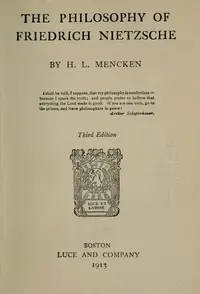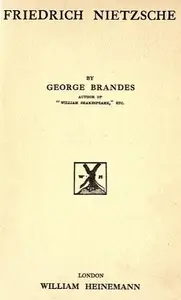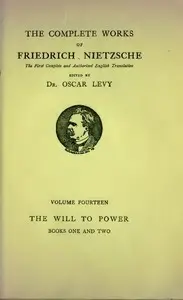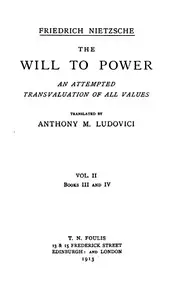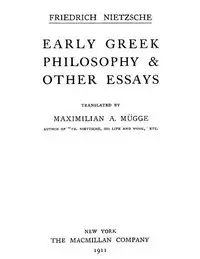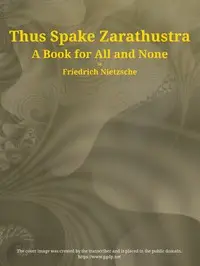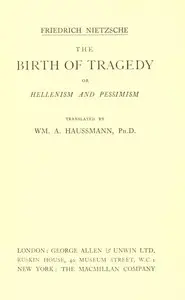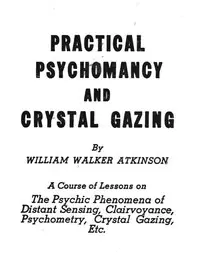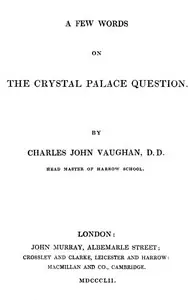"The Twilight of the Idols; or, How to Philosophize with the Hammer" by Friedrich Nietzsche is a philosophical exploration that challenges the bedrock of Western thought. It's a call to tear down old, established beliefs, especially those rooted in religion and traditional morality, which the author views as hindering human potential. Nietzsche wants people to rethink their values and embrace a philosophy that celebrates life and individual strength, arguing that current moral interpretations are weakening and life-denying. This sets the stage for a deep questioning of society's norms, suggesting a path toward a more empowering understanding of existence.
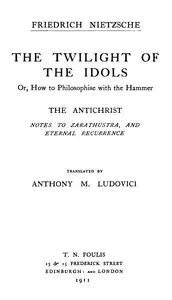
The Twilight of the Idols; or, How to Philosophize with the Hammer. The Antichrist Complete Works, Volume Sixteen
By Friedrich Wilhelm Nietzsche
Prepare for a philosophical earthquake as outdated ideals are smashed to pieces, clearing the path for a bold new appreciation for life.
Summary
About the AuthorFriedrich Wilhelm Nietzsche was a German classical scholar, philosopher, and critic of culture, who became one of the most influential of all modern thinkers. He began his career as a classical philologist before turning to philosophy. He became the youngest person to hold the Chair of Classical Philology at the University of Basel in Switzerland in 1869, at the age of 24, but resigned in 1879 due to health problems that plagued him most of his life; he completed much of his core writing in the following decade. In 1889, at age 44, he suffered a collapse and afterward a complete loss of his mental faculties, with paralysis and probably vascular dementia. He lived his remaining years in the care of his mother until her death in 1897, and then with his sister Elisabeth Förster-Nietzsche. Nietzsche died in 1900, after experiencing pneumonia and multiple strokes.
Friedrich Wilhelm Nietzsche was a German classical scholar, philosopher, and critic of culture, who became one of the most influential of all modern thinkers. He began his career as a classical philologist before turning to philosophy. He became the youngest person to hold the Chair of Classical Philology at the University of Basel in Switzerland in 1869, at the age of 24, but resigned in 1879 due to health problems that plagued him most of his life; he completed much of his core writing in the following decade. In 1889, at age 44, he suffered a collapse and afterward a complete loss of his mental faculties, with paralysis and probably vascular dementia. He lived his remaining years in the care of his mother until her death in 1897, and then with his sister Elisabeth Förster-Nietzsche. Nietzsche died in 1900, after experiencing pneumonia and multiple strokes.


